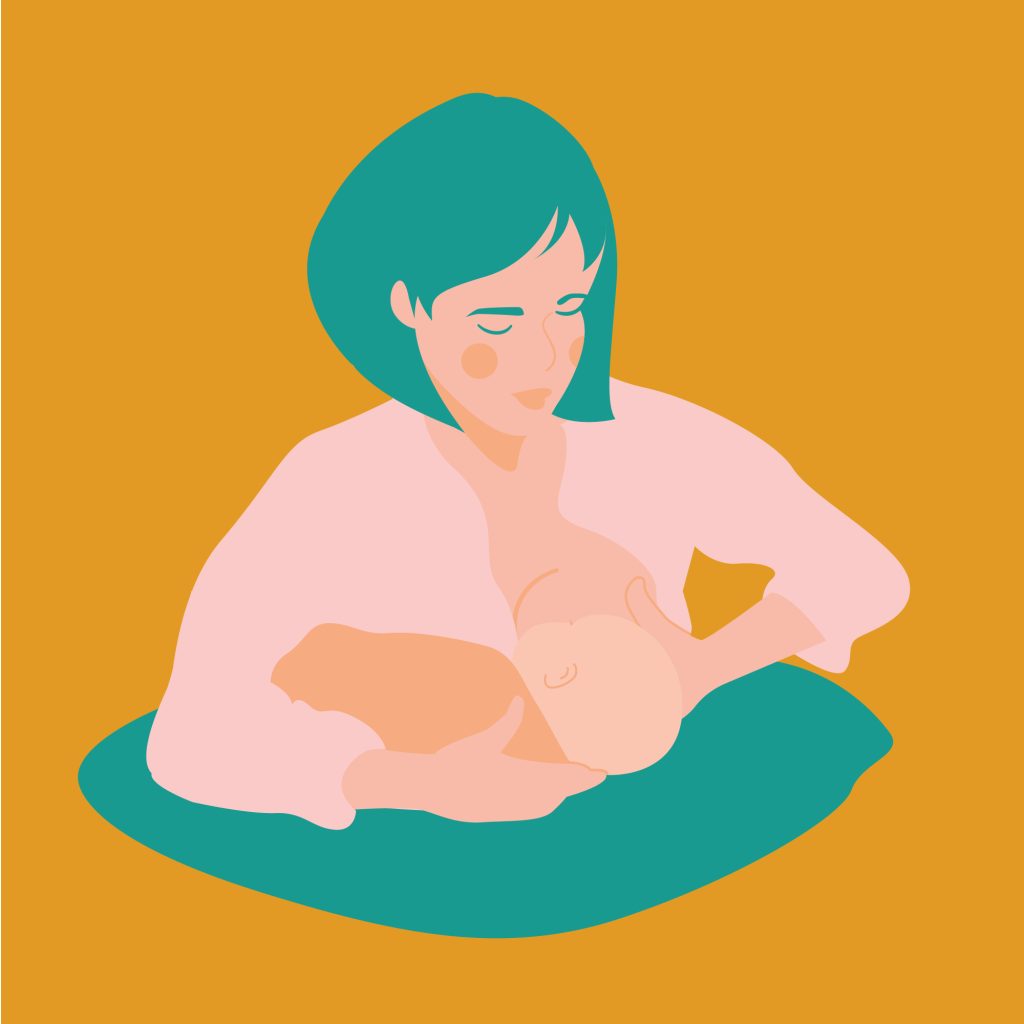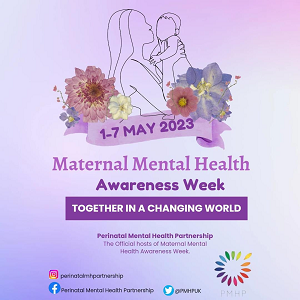Your post-pregnancy body: easing breastfeeding back pain
Comments Off on Your post-pregnancy body: easing breastfeeding back painWhen you become a mum, your body changes. You have just given birth, one of the most amazing, emotional, physically challenging, and rewarding experiences of your life – it’s okay if your body feels some strain after welcoming your little one into the world.
Your post-pregnancy body may feel slightly different, and you may experience some common physical complaints, such as back pain, related to your pregnancy or birth, or related to your new routine such as lifting, carrying, or breastfeeding your baby.
A new mum’s back is put under a lot of strain every day, but there are lots of things you can do to help yourself.

Breastfeeding & back pain explained
Breastfeeding is a skill. Many women put themselves under enormous pressure trying to master it instantly. If you do choose to try and breastfeed, it is important to be kind to yourself and allow time for you and your baby to learn, and to seek advice from health professionals whenever you need it. NHS guidance reminds mums that there are many different breastfeeding positions, such as the cradle hold and the rugby hold, and it is good to try out different ones to work out what is best.
However, your back pain could be due to your own posture during a feed, and this can be eased with some posture correction.
Top tips: breastfeeding & posture
The number one tip to avoid back pain when breastfeeding is to keep your back straight. Always remember to bring your baby to your breast, rather than bending over baby to breastfeed.
Before a feed, make sure you are in a comfortable position, with relaxed arms and shoulders. Use a cushion to help support your lower back, and to keep your back straight. If the cradle hold is a breastfeeding position that works for you and baby, sit in a comfortable chair with good back support and arm rests, or on a bed with cushions or pillows around you. If you are sitting on a chair, try resting your feet on a stool or small table – this will stop you from leaning forward which can make your back ache.
Working on your posture when breastfeeding may help with back pain, but you may still experience backaches from your new daily routine with baby.
Ways to relieve your aching back
Your body is still recovering in the weeks and months after pregnancy and childbirth, and your back pain will improve over time. However, there are practical ways to ease the pain:
- Try not to bend your back. When lifting your baby, make sure you keep your back straight and bend at your knees, not your waist. This means you are lifting with your legs, not your back.
- If possible, try kneeling in front of your baby when putting them into the car seat, instead of bending your back.
- Remember to avoid twisting your body when you are holding your baby and try not to carry your baby on your hip, as this can put strain on your back muscles.
- When picking toys up off the floor or bathing your baby, try kneeling or squatting instead of bending your back.
- Keep your back straight when you push your pram or buggy.
- Try carrying your baby in a well-fitting sling which will help hold your baby’s weight up and into your body and allow you to stand straight and relieve your back. Check out our blog on the benefits of babywearing. Here at Mumie we love the Ergobaby Omni 360 sling – comfortable yet secure and supportive for both you and baby.
- Change nappies on a raised surface. You could try kneeling on the floor next to a sofa or bed.
- Speak to your GP about whether your body is ready for some gentle exercise, like Pilates or yoga. This can help strengthen your back muscles and improve posture and flexibility. Returning to exercise? Have a read of our blog on how to do this safely after having your baby.
Bring it up at your postnatal check
If a physical problem like back pain is worrying you, you can always ask your GP or a health visitor for help at any time. Your postnatal check at around 6 to 8 weeks is a good chance to talk to your GP about how you are doing since the birth. You can find lots of information on how you can prepare for your postnatal check on the Mumie app.
Although post-pregnancy back pain is common, it is also important to listen to your body, be gentle with yourself and rest up whenever you can. If you are breastfeeding and you have an aching back, or your back is hurting from your new mum routine, remember that what your body has achieved and continues to achieve every day is powerful and should be celebrated.

Karen McCusker is a Copywriter from Ireland, with a passion for creating meaningful connections with others through language. Her goal is to amplify women’s voices and experiences through her writing. She describes herself as a storyteller at heart, and the ultimate “Swiftie”




